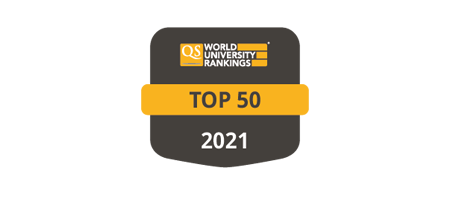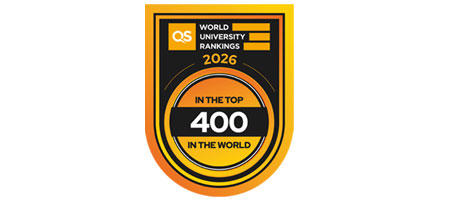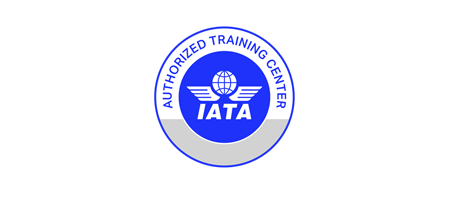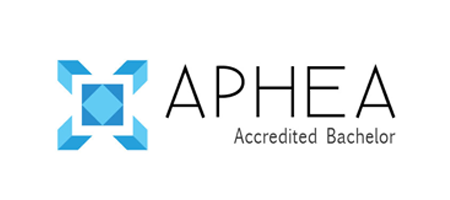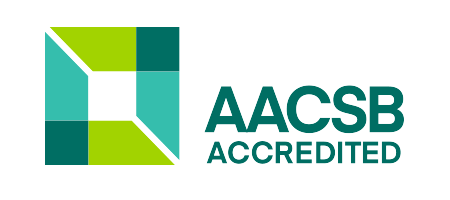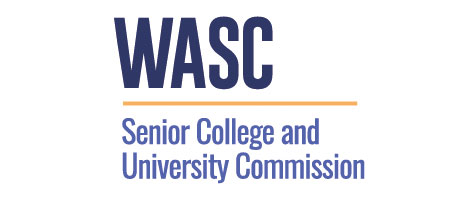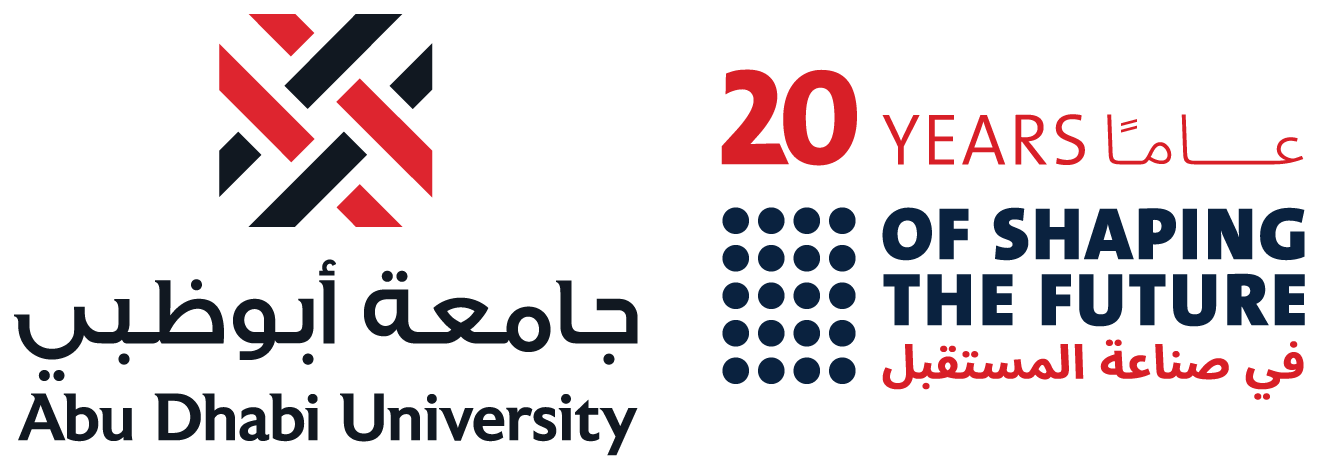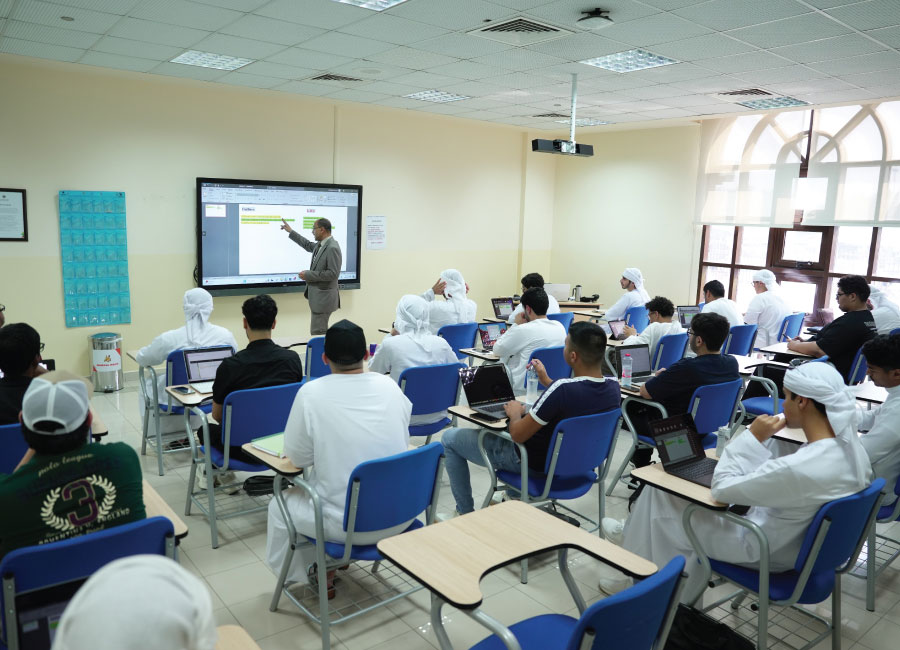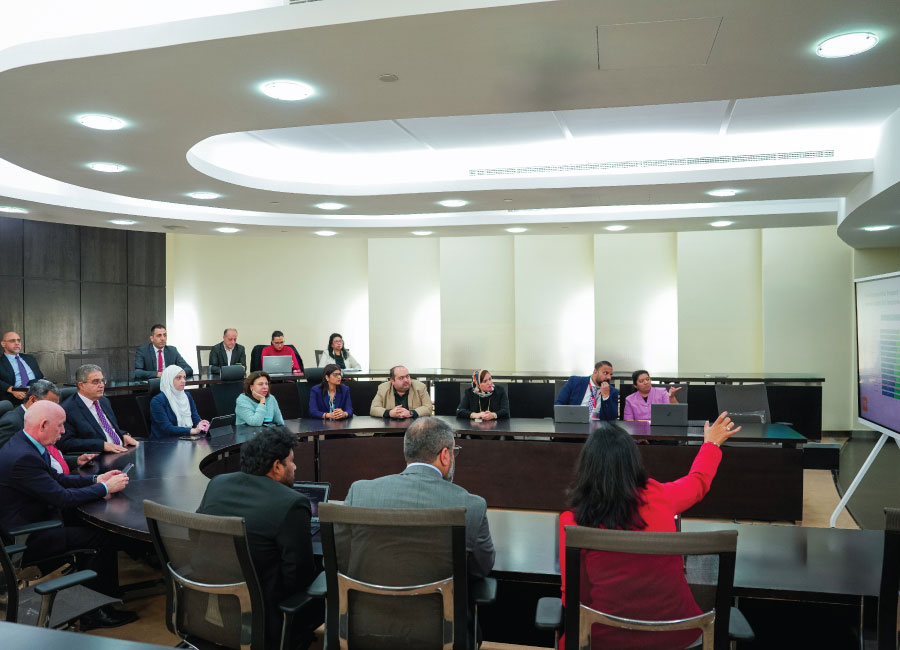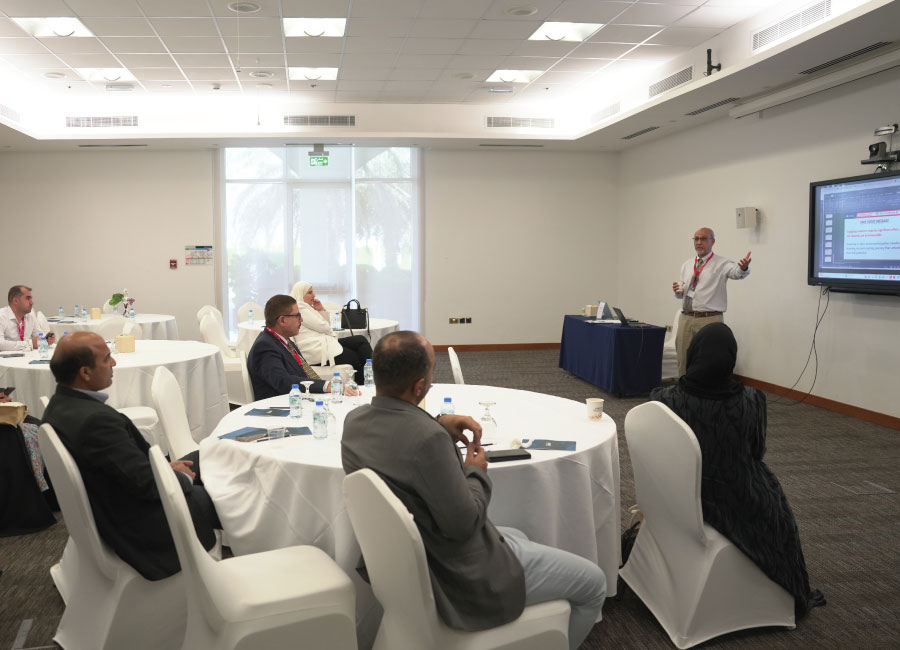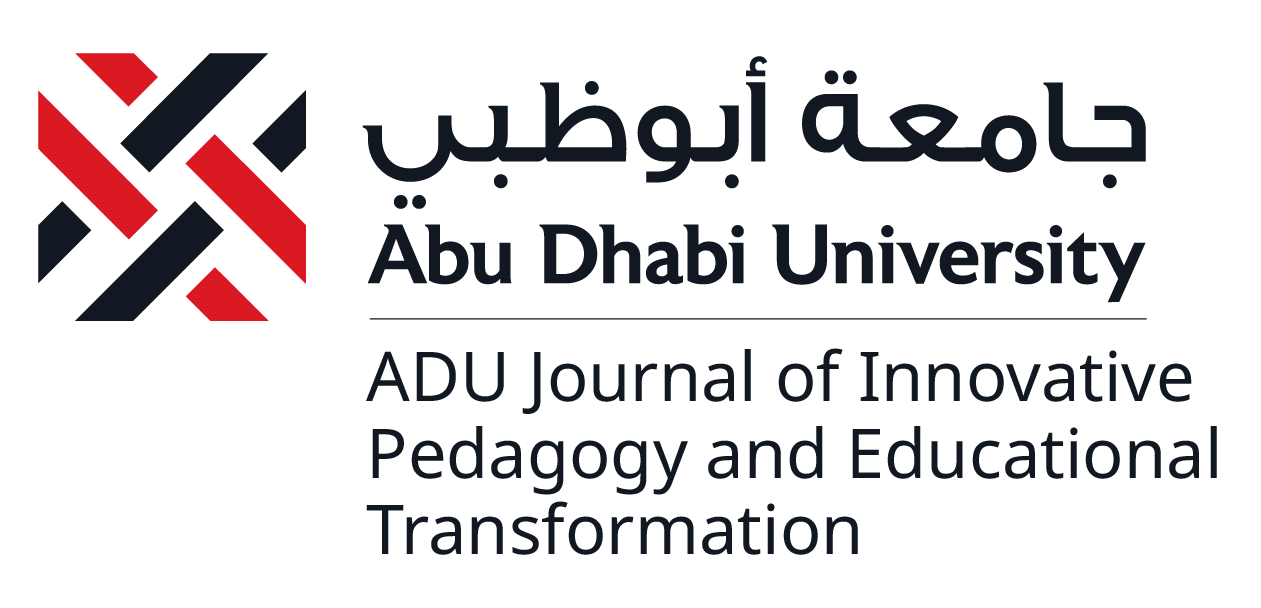
Overview
The ADU Journal of Innovative Pedagogy and Educational Transformation (IPET) aims to provide a dedicated online, open-access platform for the dissemination of high-quality research, theoretical studies, and practical insights in the fields of pedagogical innovation and educational transformation. This journal will serve as a repository of knowledge for educators, academics, researchers, policymakers, and practitioners committed to advancing educational practices and achieving transformational change in education.
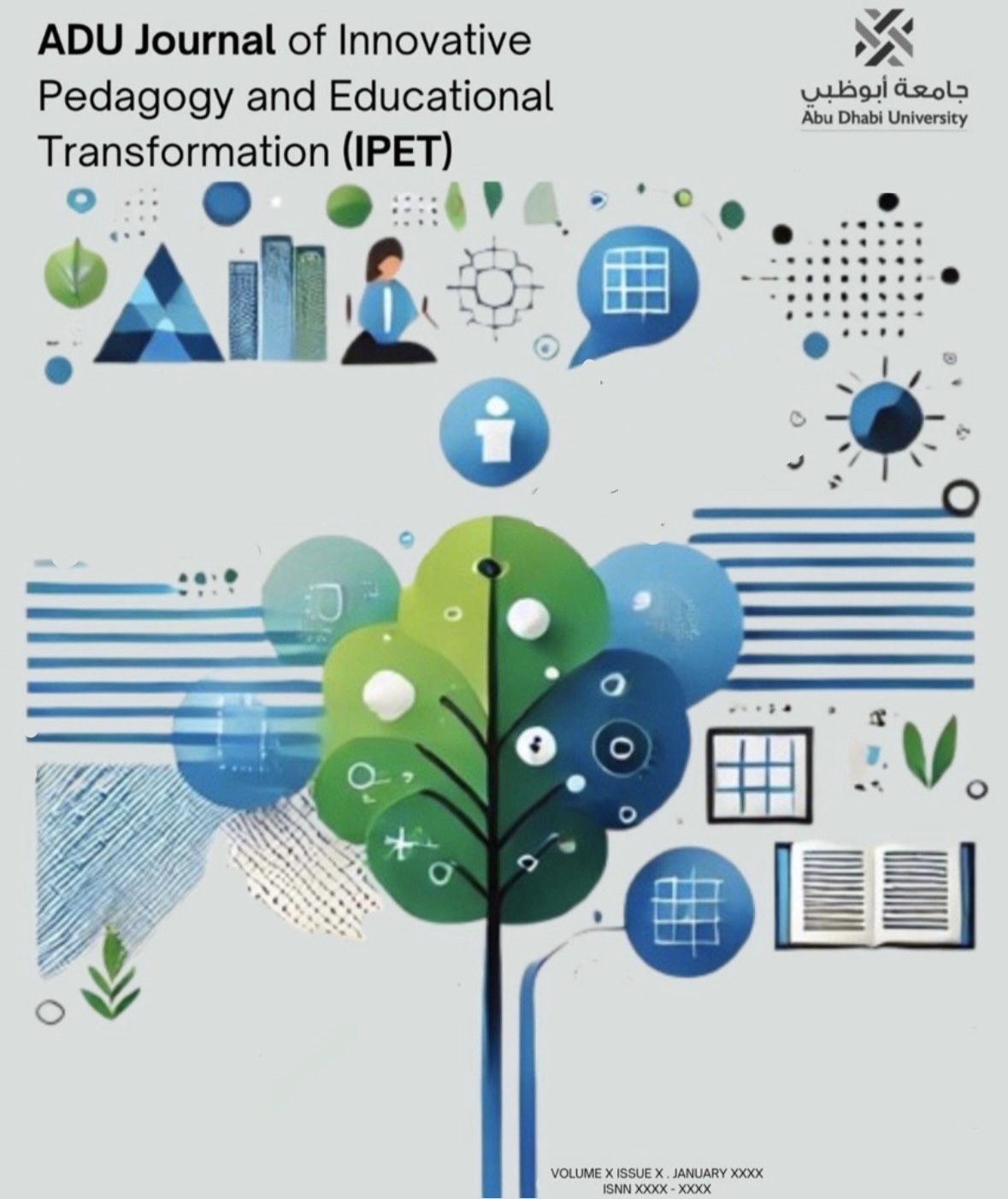
Objectives
- Encourage and publish rigorous research studies focused on innovative teaching methods, educational technologies, curriculum development, and transformative educational practices.
- Create a collaborative space for academics, educators, and researchers from diverse disciplines and institutions to share their findings and experiences.
- Provide insights and evidence-based practices that can be applied to improve teaching and learning processes across various educational settings.
- Serve as a resource for educators seeking to enhance their professional knowledge and skills in innovative pedagogy and educational transformation.
Scope and Themes
The journal will cover a wide range of topics, including but not limited to:
- Innovative Pedagogies
- Educational Technologies
- Curriculum and Instructional Design
- Teacher Professional Development
- Inclusive Education Practices
- Assessment and Evaluation
- Leadership in Education
- Educational Policy Change
- K-12 Teaching and Facilitation Strategies
- STEM Education
- Higher Education Reforms
- Lifelong Learning
Publication Frequency
IPET will be published biannually and accepts manuscripts throughout the year.
Submission and Review Process
The journal will follow a double-blind peer review process to maintain the highest standards of academic integrity and quality. Authors will be required to adhere to the journal's submission guidelines.
Peer Review Process
IPET will employ a rigorous double-blind peer review process to ensure the integrity and quality of the published content. Each manuscript will be reviewed by at least two independent reviewers with expertise in the relevant field. Reviewers will provide detailed feedback and recommendations to the editors, who will make the final decision on publication.
Malpractice and Ethics Statement
IPET is committed to upholding the highest standards of ethical behavior and expects all parties involved in the publication process to adhere to these principles. IPET takes plagiarism and AI use seriously.
Duties of Editors
- Determine whether a submitted manuscript is appropriate and within the scope of the Journal.
- Select expert reviewers and an area editor to evaluate the submitted manuscript.
- Render a final editorial decision on each manuscript based on journal priorities, other similar manuscripts in process and related considerations.
- Communicate directly with the author and the review team.
- Schedule accepted manuscripts for publication.
- Balance workloads for the area editors and reviewers.
- Resolve any conflicts.
Fair Play:
The editors should evaluate manuscripts for their intellectual content unbiasedly.
Confidentiality:
The editors and any editorial staff must not disclose any information about a submitted manuscript to anyone other than the corresponding author, reviewers, potential reviewers, other editorial advisers, and the publisher, as appropriate.
Disclosure and Conflicts of Interest:
Unpublished materials disclosed in a submitted manuscript must not be used in an editor's own research without the express written consent of the author. Privileged information or ideas obtained through peer review must be kept confidential and not used for personal advantage.
Involvement and Cooperation in Investigations:
The editors should take reasonably responsive measures when ethical complaints have been presented concerning a submitted manuscript or published paper.
Privacy Statement
The names and email addresses entered in this journal site will be used exclusively for the stated purposes of this journal and will not be made available for any other purpose or to any other party.
